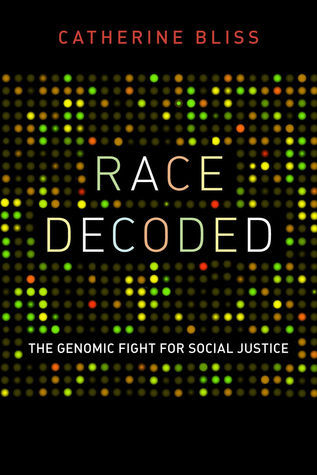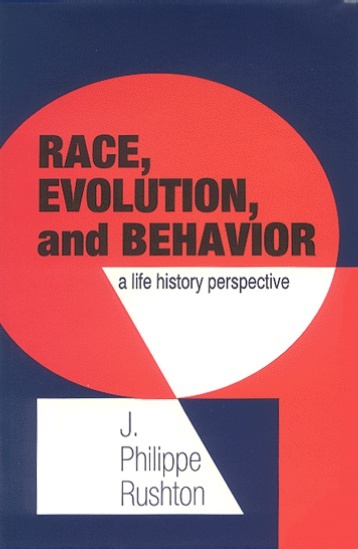
Race Decoded: The Genomic Fight for Social Justice
Book Description
What if the very blueprint of humanity could expose deep-seated inequalities? "Race Decoded: The Genomic Fight for Social Justice" plunges into the explosive intersection of genetics and race, unearthing the stark truths behind discrimination and privilege. Catherine Bliss masterfully navigates a landscape where DNA is both weapon and shield, revealing how science can illuminate or obscure societal divides. With gripping narratives and compelling insights, this book challenges the way we understand identity and justice. Can genomic research truly pave the path for equality, or does it merely deepen existing divides?
Quick Book Summary
"Race Decoded: The Genomic Fight for Social Justice" by Catherine Bliss critically investigates the intersection of race, genetics, and society. The book unpacks how the mapping of the human genome has not eliminated racial categories but instead has complicated and, at times, reinforced them. Through interviews with geneticists, analysis of genomic research, and examination of policy debates, Bliss demonstrates how science is deeply influenced by social ideologies. She argues that despite claims of objectivity, genomics can reinforce entrenched inequalities or be wielded in pursuit of social justice. The book probes whether genomic research can truly help promote equality, or if it risks perpetuating misinterpretations of biological differences, ultimately urging scientists and activists alike to engage with the ethical and societal implications of their work.
Summary of Key Ideas
Table of Contents
How Genomics Reinvents Race Concepts
Catherine Bliss opens her book by contextualizing the history of race as a concept within biological sciences. While the Human Genome Project promised a future where the myth of racial biology would be debunked, Bliss finds that genomics has instead created new spaces for the negotiation of racial categories. Interviews and observations from laboratories reveal that scientists often repackage old racial assumptions with new genetic language, continuing to grapple with national, cultural, and institutional definitions of difference. The societal pressure to address race leads scientists to both challenge and reproduce racial logics in subtle but significant ways.
The Persistence of Racial Categories in Science
The heart of the book delves into how racial categories persist and adapt within genetic research. Bliss studies landmark projects like the International HapMap and evaluates their reliance on racially or ethnically categorized sample sets. Rather than eliminating the relevance of race, scientific protocols frequently operationalize it, and researchers justify their choices through appeals to medical relevance or social justice. Bliss illustrates how these decisions, though often well-intentioned, keep race embedded in the very heart of genomics, shaping both public perceptions and funding priorities.
Impact of Genomic Research on Social Justice Movements
Bliss moves beyond the laboratory, exploring how genomic knowledge has informed policy and activism. She scrutinizes the ways in which genomics has been adopted by civil rights organizations and advocates who see genetic data as a potential tool for highlighting injustice or correcting health inequities. Yet, the enthusiasm for genomics as a tool for social justice is tempered by questions regarding privacy, consent, and the dangers of genetic determinism. This tension embodies the book’s central question: can DNA data challenge discrimination, or does it risk offering scientific ammunition to those who would reinforce inequality?
Ethical Dilemmas and Misconceptions in Genetic Science
Ethical challenges and public misunderstandings are at the core of the ongoing genomic debate. Bliss highlights how media, policymakers, and lay publics often misinterpret or oversimplify findings, leading to new stereotypes or erroneous beliefs about difference. These misunderstandings fuel policy decisions and societal responses with long-lasting consequences. The book calls for a deeper engagement with the philosophical, legal, and cultural implications of using DNA as both evidence and explanation for social issues.
The Role of Scientists and Activists in Shaping Equality
In her conclusion, Bliss points towards a more reflexive and politically engaged approach to genomics. She calls on scientists and activists to co-create an ethical science that acknowledges social context and historical injustices. For genomics to serve the cause of social justice, Bliss argues, researchers must deliberately confront their own biases, foster inclusive collaboration, and bridge divisions between science and society. Ultimately, "Race Decoded" challenges readers to consider the delicate balance between harnessing science for progress and questioning its role in perpetuating inequality.
Download This Summary
Get a free PDF of this summary instantly — no email required.





